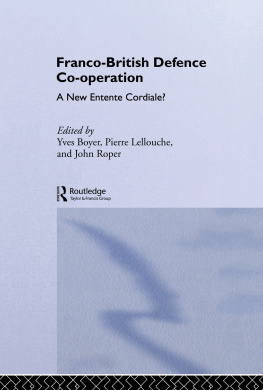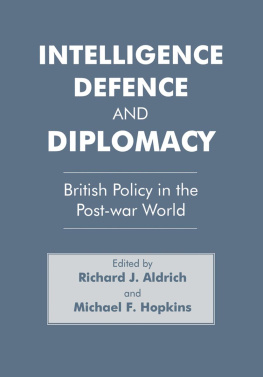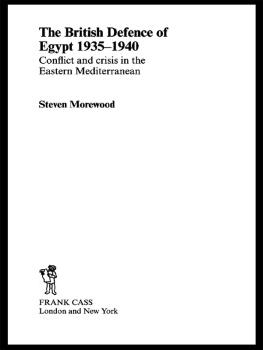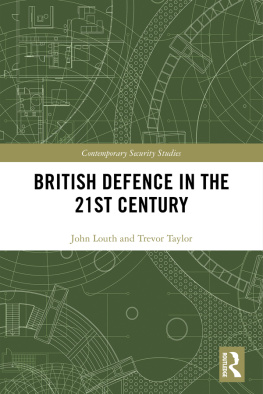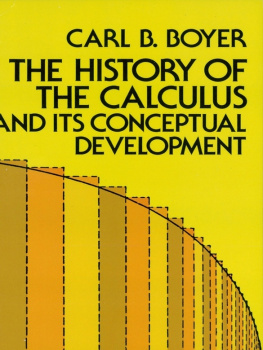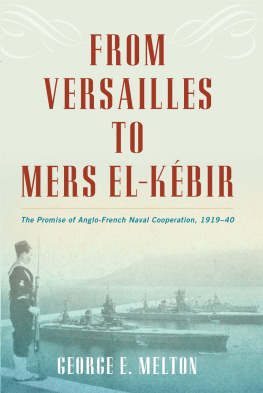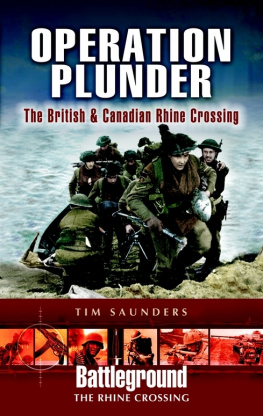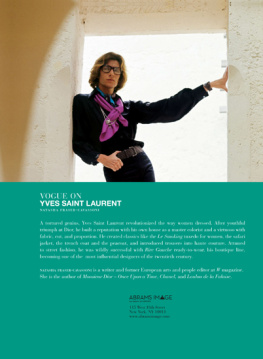Yves Boyer - Franco-British Defence Co-Operation: A New Entente Cordiale?
Here you can read online Yves Boyer - Franco-British Defence Co-Operation: A New Entente Cordiale? full text of the book (entire story) in english for free. Download pdf and epub, get meaning, cover and reviews about this ebook. year: 1989, publisher: Routledge, genre: Politics. Description of the work, (preface) as well as reviews are available. Best literature library LitArk.com created for fans of good reading and offers a wide selection of genres:
Romance novel
Science fiction
Adventure
Detective
Science
History
Home and family
Prose
Art
Politics
Computer
Non-fiction
Religion
Business
Children
Humor
Choose a favorite category and find really read worthwhile books. Enjoy immersion in the world of imagination, feel the emotions of the characters or learn something new for yourself, make an fascinating discovery.
- Book:Franco-British Defence Co-Operation: A New Entente Cordiale?
- Author:
- Publisher:Routledge
- Genre:
- Year:1989
- Rating:3 / 5
- Favourites:Add to favourites
- Your mark:
- 60
- 1
- 2
- 3
- 4
- 5
Franco-British Defence Co-Operation: A New Entente Cordiale?: summary, description and annotation
We offer to read an annotation, description, summary or preface (depends on what the author of the book "Franco-British Defence Co-Operation: A New Entente Cordiale?" wrote himself). If you haven't found the necessary information about the book — write in the comments, we will try to find it.
Yves Boyer: author's other books
Who wrote Franco-British Defence Co-Operation: A New Entente Cordiale?? Find out the surname, the name of the author of the book and a list of all author's works by series.
Franco-British Defence Co-Operation: A New Entente Cordiale? — read online for free the complete book (whole text) full work
Below is the text of the book, divided by pages. System saving the place of the last page read, allows you to conveniently read the book "Franco-British Defence Co-Operation: A New Entente Cordiale?" online for free, without having to search again every time where you left off. Put a bookmark, and you can go to the page where you finished reading at any time.
Font size:
Interval:
Bookmark:
Yves Boyer,
Pierre Lellouche, and
John Roper
2 Park Square, Milton Park, Abingdon, Oxon, OX14 4RN
270 Madison Ave, New York NY 10016
Franco-British defence co-operation: a new
entente cordiale?
1. Defence. Co-operation between Great
Britain and France.
I. Boyer, Yves II. Lellouche, Pierre
III. Roper, John IV. Royal
Institute of International Affairs
V. Institut franais des relations
internationales
355
Franco-British defence co-operation: a new entente cordale? / edited
by Yves Boyer, Pierre Lellouche, and John Roper. English language
ed.
p. cm.
Includes index.
ISBN 0-415-03112-5
1. France-Military relations-Great Britain. 2. Great Britain
Military relationsFrance. I. Boyer, Yves. II. Lellouche,
Pierre. III. Roper, John. IV. Royal Institute of
International Affairs. V. Institut franais des relations
internationales.
UA700.F744 1988
355.03304dc19 88-26447
CIP
| John Roper |
| Yves Boyer |
| Peter Nailor |
| Lawrence Freedman |
| Hugh Beach |
| Franis Valentin |
| Marcel Duval |
| Jonathan Alford |
| Jacques Fontanel |
| Ron Smith |
| Farooq Hussain |
| Pierre Menanteau |
| Ian Davidson |
| Jean Chabaud |
| William Wallace |
| Yves Boyer and John Roper |
| Tables |
| Figures |
Font size:
Interval:
Bookmark:
Similar books «Franco-British Defence Co-Operation: A New Entente Cordiale?»
Look at similar books to Franco-British Defence Co-Operation: A New Entente Cordiale?. We have selected literature similar in name and meaning in the hope of providing readers with more options to find new, interesting, not yet read works.
Discussion, reviews of the book Franco-British Defence Co-Operation: A New Entente Cordiale? and just readers' own opinions. Leave your comments, write what you think about the work, its meaning or the main characters. Specify what exactly you liked and what you didn't like, and why you think so.

